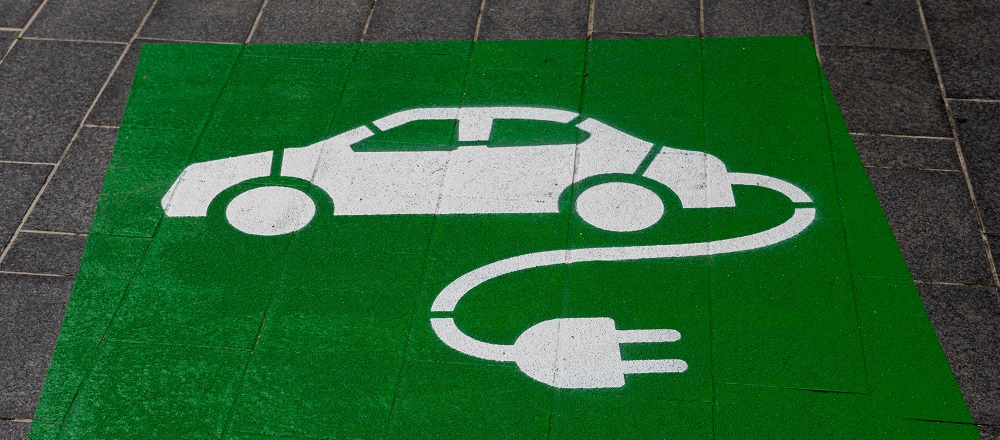You may not have noticed, but it’s becoming more and more important for businesses to take ownership of their carbon emissions. More and more customers are demanding to see environmental and sustainability credentials from their suppliers, and want to work with companies who are proactive about reducing their impact on the environment. Making the switch from diesel to electric vehicles is a great way to do just that, as it can significantly reduce your carbon emissions and promote sustainability. Plus, with the ban on the sale of new petrol and diesel cars coming into effect in 2023, it’s also a necessity! So the big question is, now that you’ve decided to transition to an electric fleet, what do you need to consider?
Cost
Transitioning from a diesel fleet to an electric one is going to come at a cost, and it may be more than you expect. While they are still rising in popularity, electric vehicles still carry a slightly higher price tag than petrol or diesel vehicles. However, it’s important to consider the long-term savings when upgrading your fleet. That includes the government subsidies that are available to businesses buying electric vehicles (up to £8,000 off the purchase price of an eligible electric van, and up to £3,500 off an eligible electric car). You’ll also see significant fuel savings, as well as reduced costs for the incidentals like road tax and servicing costs. So make sure this is taken into account when you’re running a cost-benefit analysis.
Availability
In the last few years, manufacturers have been producing more EV models, but there isn’t quite the range of options that you have with normal vehicles. So, if you need a specialist vehicle in your fleet, then you might struggle to find one. But for general cars and vans, there are several makes and models on the market, and manufacturers are focused on developing more environmentally friendly vehicles all the time. You may need to shop around to find what you want, so it’s worth factoring some extra time into the buying process, but for the most part you will be able to find what you need.
Range
The range that EVs are capable of has often dominated the conversation in converting to emission-free engines, however, they are developing quickly. Whilst they can still be impacted by cold weather, some EVs are now able to travel 180 miles on a full charge, a figure that is constantly improving. However, vehicle-reliant businesses which make long or numerous journeys each day need to consider access to charging points.
Charging
Thanks to the vast improvements in infrastructure over the last few years, businesses don’t need to worry about being restricted by charging infrastructure anymore. New locations for EV charging are added to the grid every day, and there are a wealth of apps including Google Maps that can show you where they all are. And by installing charge points in your business car park, you can ensure your vehicles are always fully charged before they leave base.
Clean Air Zones
Clean air zones are still relatively new and mostly found in London, but they are set to become the norm across the UK. As a way to reduce air pollution, driving petrol or diesel vehicles through clean air zones could incur heavy penalties for your business. The costs start at £12.50 per day per vehicle in London, on top of the congestion charge, which means running fossil fuel-powered vehicles is about to get very expensive. Upgrading to electric vehicles is a great way to prevent this, as they’re exempt from the charge.
Suitability
Whilst the industry is constantly evolving and maturing, it’s important to assess whether the models currently available are in fact a viable option for your whole fleet. That’s why it’s important to research the individual needs of the drivers, looking at current routes and driving activity to ensure the switch doesn’t impact your business and its services. You might find that only upgrading some of your fleet at first is the best approach, replacing more specialised vehicles as suitable electric alternatives are available.
At Bonus Eventus we are passionate about the environment, which is why we created a sister brand, Bonus Eventus Charged. This allows us to provide guidance on EV car charge points, as well as full installation and maintenance. If you would like to know more about EV car charging points, or if you have questions about instating them in your commercial space, just get in touch with the team today.

